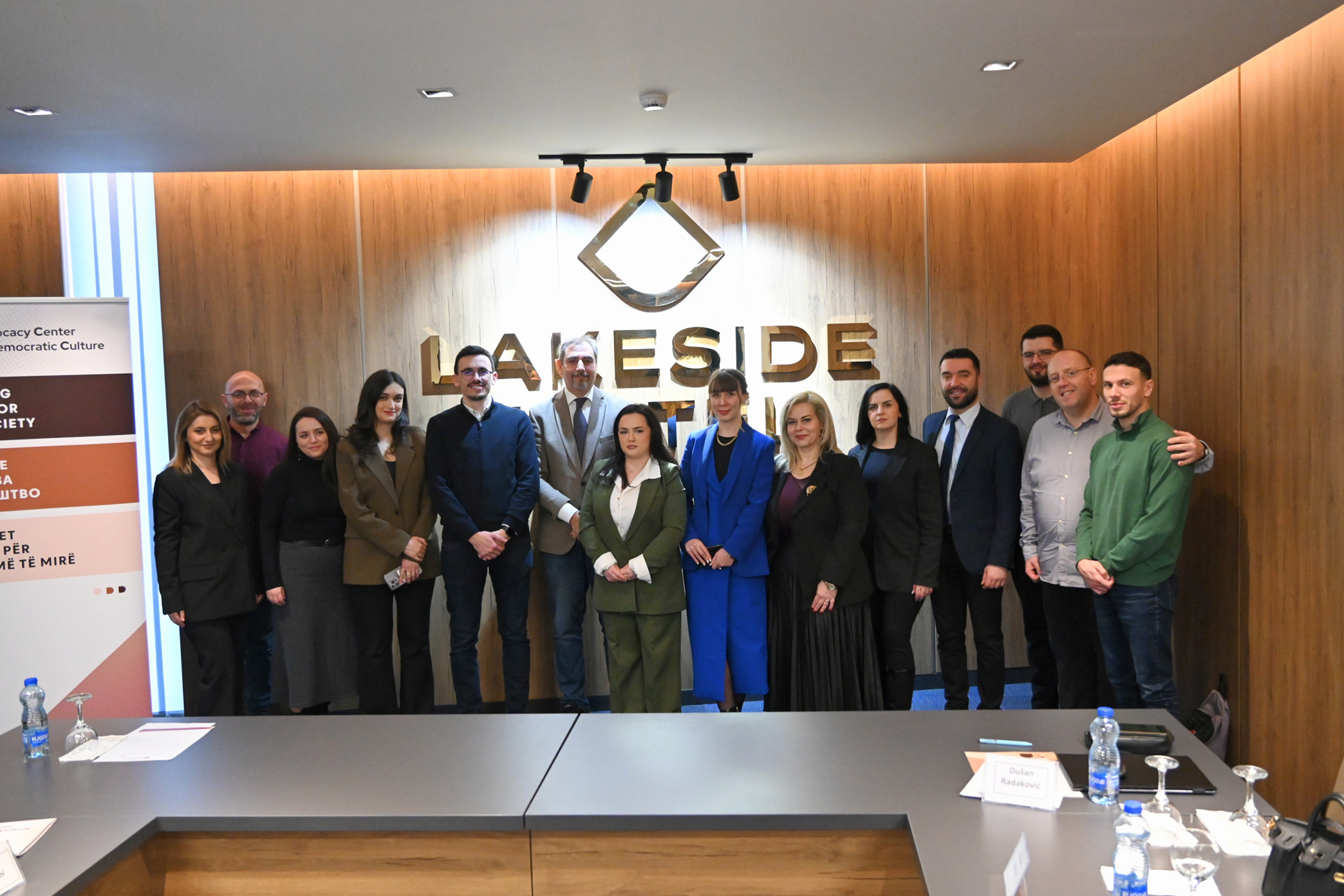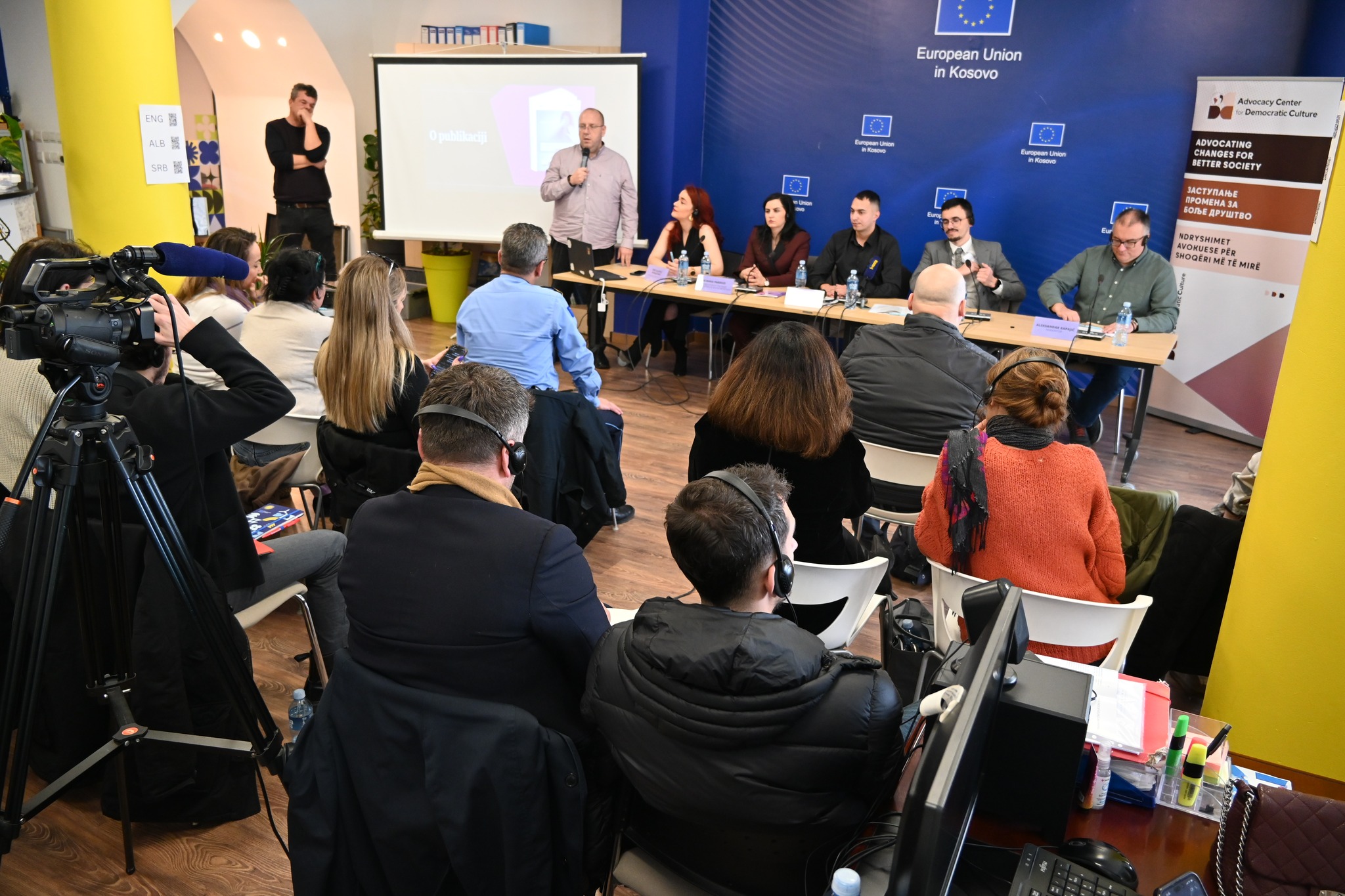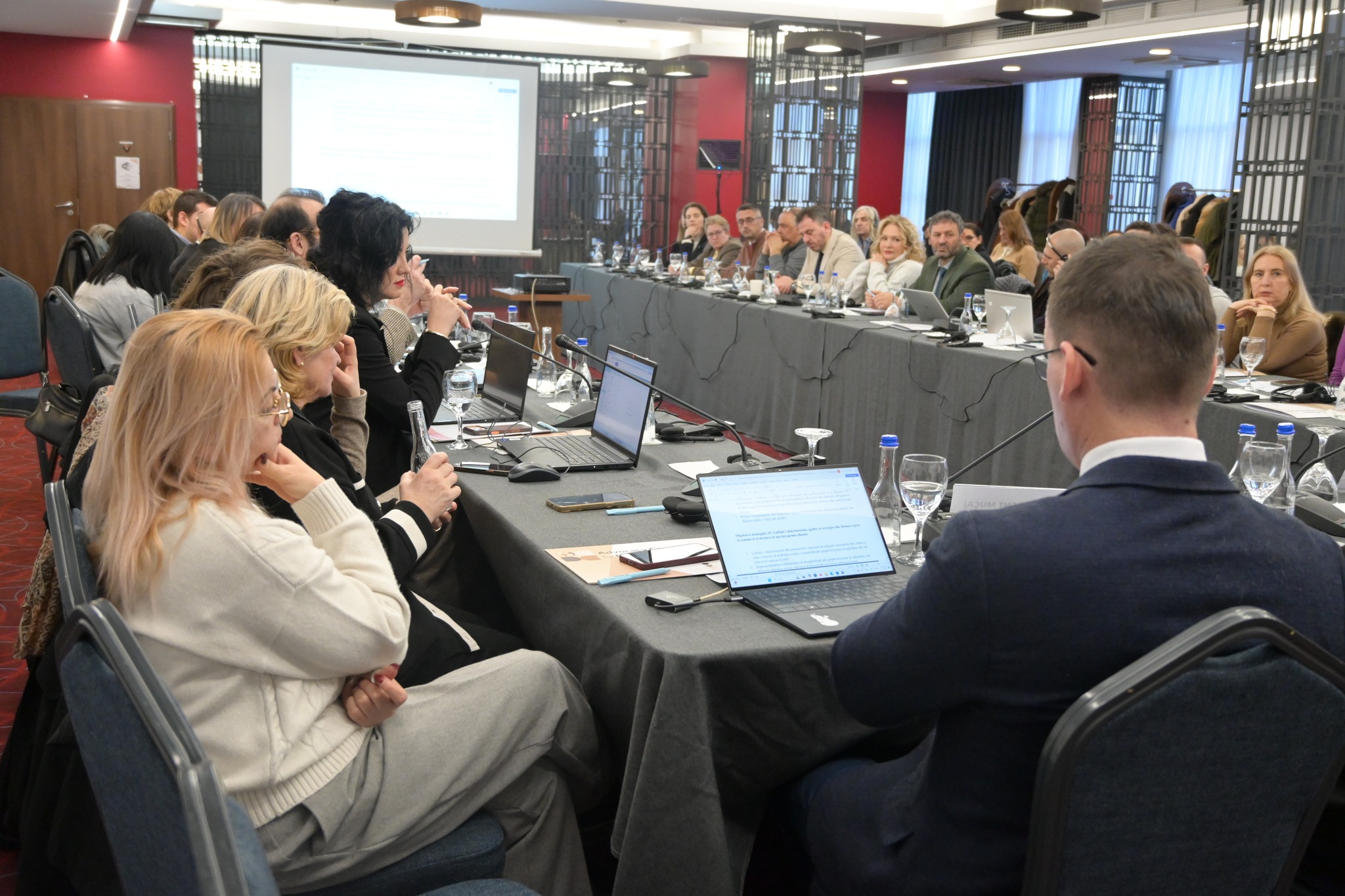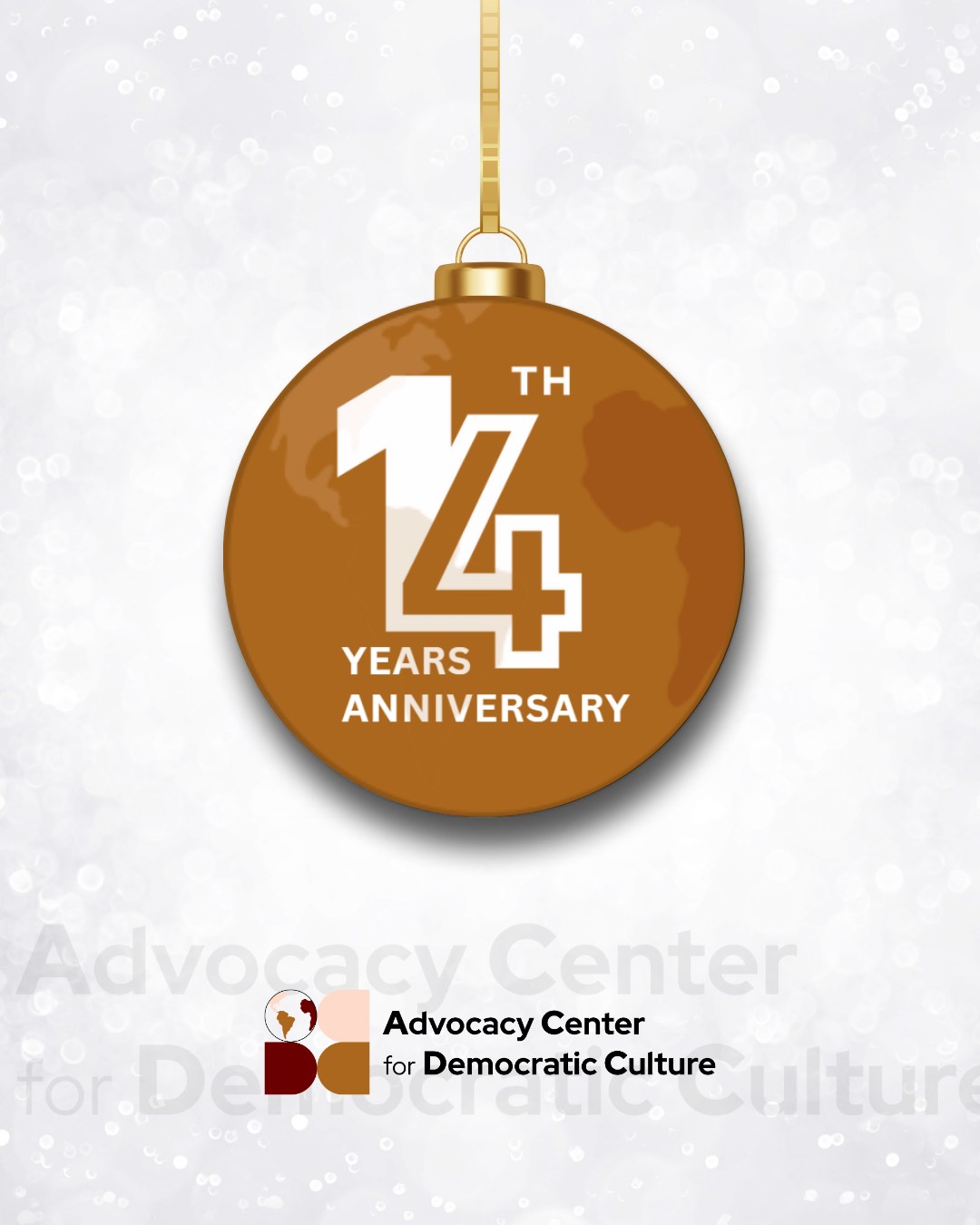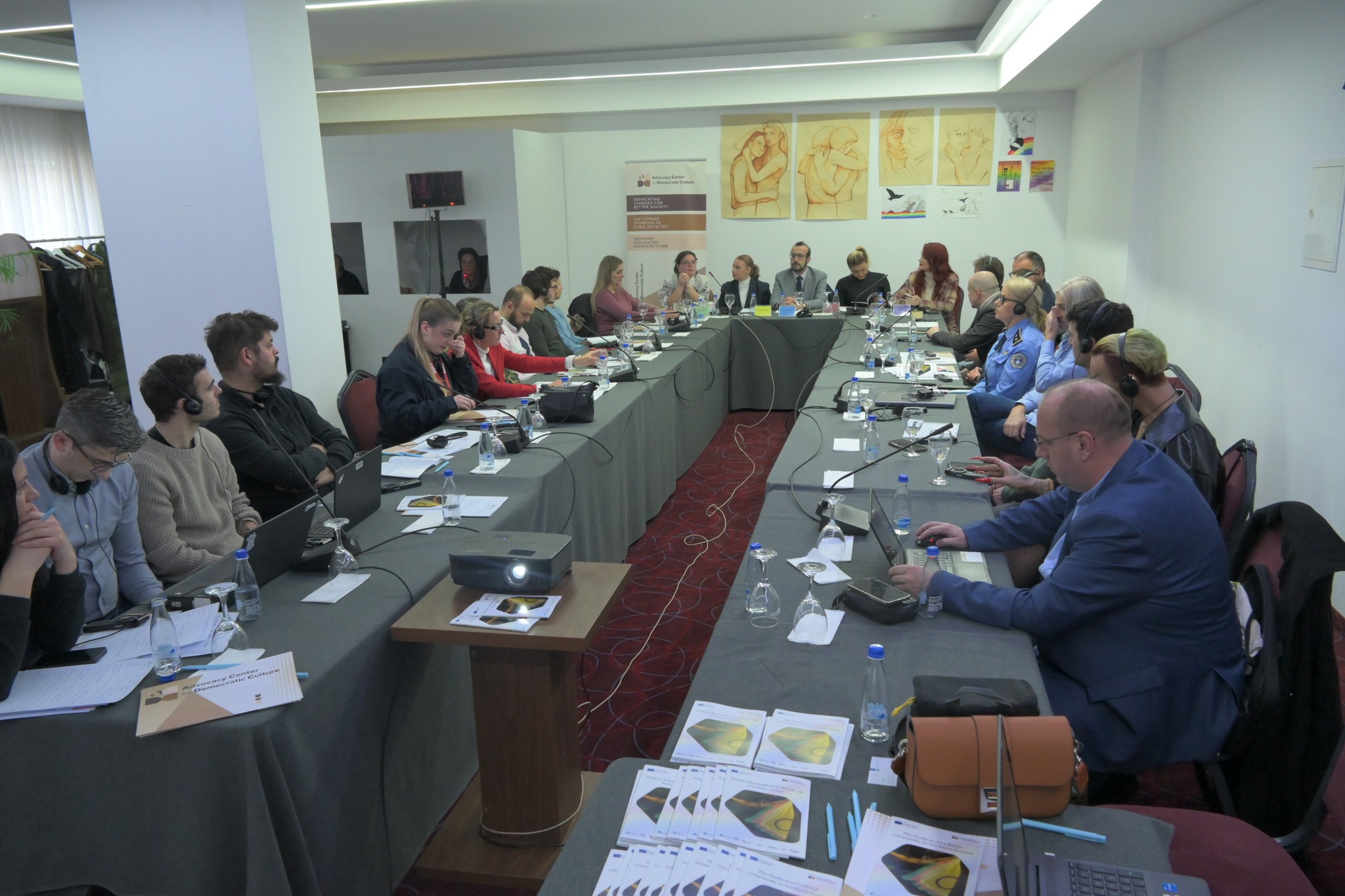21.03.2024. » 05:43
OP - ED Multilingualism: value or imposed obligation
There is almost no more serious analysis of the integration process in Kosovo that does not establish the existence of language barriers as one of the fundamental obstacles in the development of relations between communities.
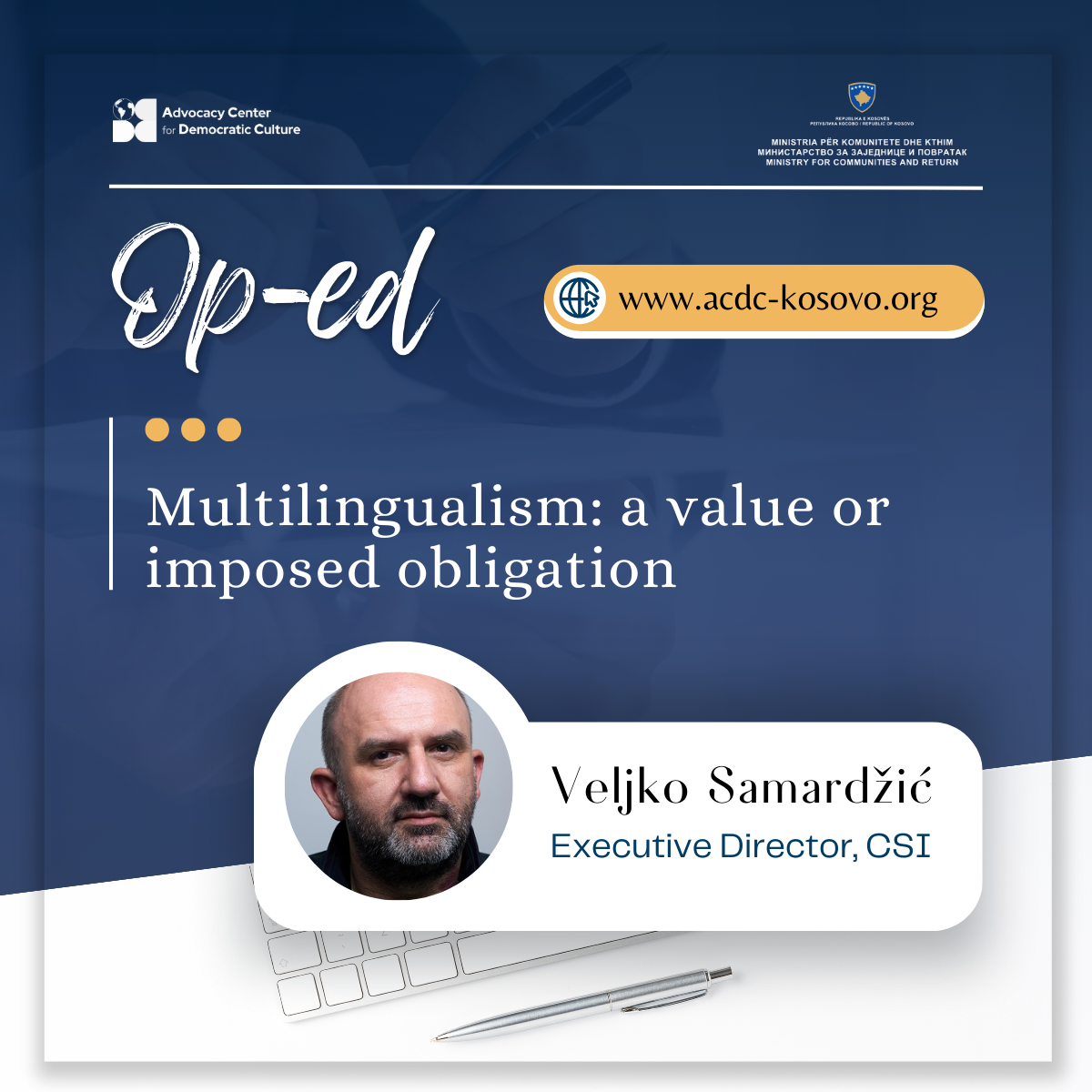
There is almost no more serious analysis of the integration process in Kosovo that does not establish the existence of language barriers as one of the fundamental obstacles in the development of relations between communities.
Whether we are talking about the violations of the Law on Languages by the institutions, or whether we are talking about the inability of citizens of different ethnic (and linguistic) communities to communicate simply because they do not know the language of their neighbors, the issue of language in Kosovo is a inevitable topic. To understand the importance of the language issue in Kosovo, it is important to look at it from two aspects.
Language policies
The announced and guaranteed equal status of the Albanian and Serbian languages is the first thing that any government will boast about when it talks about the state of human rights in Kosovo. Advanced legislative solutions are not implemented in practice, and this is confirmed by examples at every step, as well as by all important international reports.
Mass violations of language rights have the characteristic that people get used to them over time. However, as wisdom says, some things are so obvious that we need to mention them every day as if there is no more applicable opinion regarding language rights in Kosovo. However, this does not mean that violations of (any) law should only be pointed out. The language right, like any human right, requires insistence, and struggle at every step, that language policies be delegated and presented to the citizens and voted on.
Let's go back a bit…! Linguistic rights in Kosovo brought about a comprehensive plan for resolving the status of Kosovo, better known as the Ahtisaari plan, which, in addition to the independence of Kosovo, provides for the official linguistic equality of Albanian and Serbian, later included in the Constitution of Kosovo. Also, the Constitution recognizes the Law on Languages as one of the 8 laws with the status of vital importance for communities, which provides for a double majority for their amendment.
It is clear that multilingualism is at the foundation of the entire legal architecture of Kosovo and therefore it is not only a right of the minority.
Its importance lies in its aim to bring two communities bound by decades of conflict closer together. Of course, until we get the political will to solve the problem, as sad as it is - political will is above the law. And here we come to the question of whether language rights are an imposed obligation of the world, or an asset of Kosovo.
Also, it should be borne in mind that the impossibility of receiving the services of public institutions in the native language is a reflection of another law that is also massively violated. It is the Civil Service Law, which in Article 11 stipulates that at least 10% of employed public servants must be from non-majority communities.
There is no change in the situation without a new language policy. They must give answers to the real problems in the impossibility of respecting the law. Of course, the capacities of the population, the fact that the Serbian and Albanian languages have not been taught in schools for more than 30 years are a fact. Also, language policies must respond to conscious violations of language rights, the spread of language tolerance and the culture of language learning.
Political instability and... unfortunately, often security in Kosovo made multilingualism give way to "bigger problems". Therefore, it ceases to be an obligation of each individual institution and non-implementation is the personal responsibility of its representatives.
And any disrespect of the Law on the use of language, any violation of human rights has great consequences for strangulation and creates mistrust, regardless of whether it is disrespect of the Serbian language by the central authorities or the Albanian language in municipalities with a Serbian majority.
All this does not dare to forget the position of other languages in Kosovo, their rights for use, education and development.
Are we getting along?
Another aspect of multilingualism is to be found in people's need to communicate. Therefore (not) knowing the language of the environment is, on the one hand, an obstacle to communication, and on the other hand, a good indicator of the situation in complex societies like Kosovo: both cause and effect.
Kosovar society is full of paradoxes. One of them is that the largest number of communications between people from the two largest communities is made in the language of the smaller community - Serbian, especially among the elderly. It is clear that with the arrival of new generations, this situation is changing from the roots. Research from 2018 shows that Serbs and Albanians converse in Serbian in 82% of cases, in English in 9%, in Albanian in 7%, or exceptionally in another language, which is an example in 2% of communication.
As in most aspects of life in Kosovo, the situation between people is better where politicians have not interfered. When freed from everyday and populist politics, people easily understand the benefits of knowing the language. On the one hand, knowing Albanian makes life easier for every non-Albanian in Kosovo and increases the possibilities for a better life. On the other hand, the Serbian language or languages similar to Serbian (from Slovenia to Macedonia) are spoken by almost 20 million people. Therefore, knowing Serbian is not only the ability to understand your neighbors.
Of course, the fact that there is a massive need (and desire) of people to learn languages and make their lives easier, the very frequent incidents, examples of linguistic intolerance and open hatred should not be left aside, but shows that the need for people to communicate is primal and strong. After all, this is the only way to begin to understand each other.
Veljko Samardžič, Executive Director, CSI
Latest news

